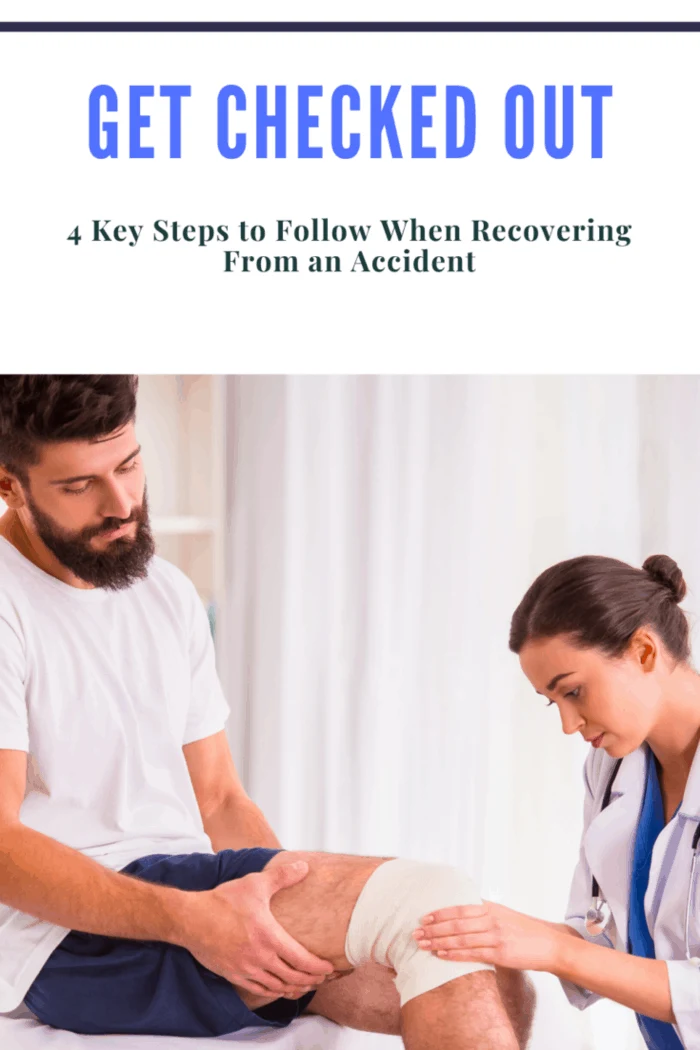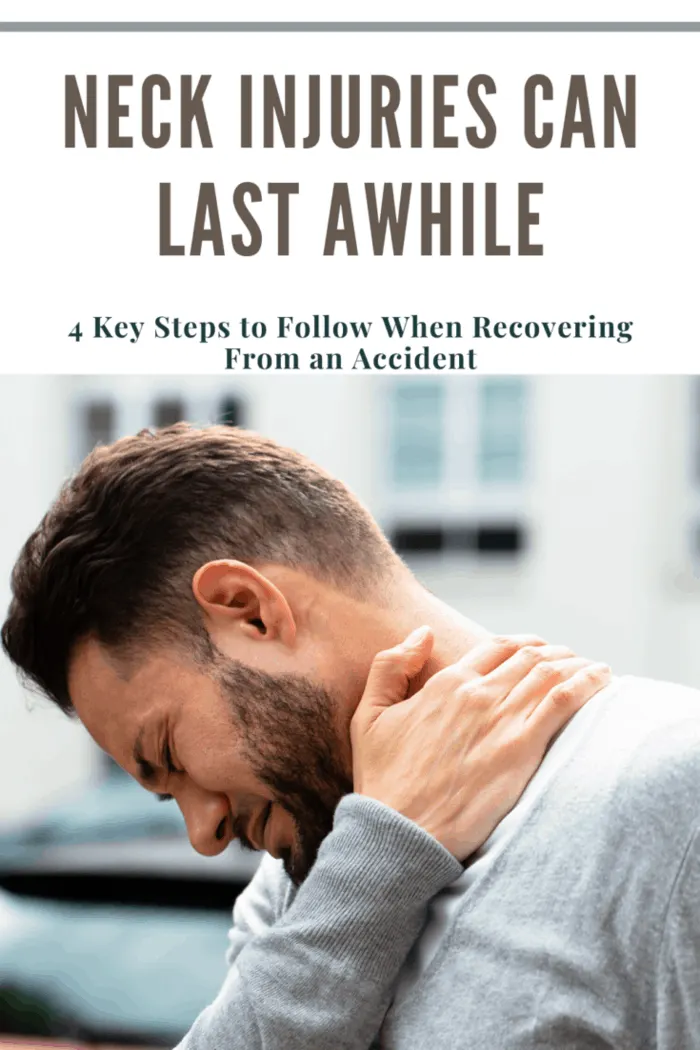The road to recovery can be challenging, but these four key steps will help when recovering from an accident.
Being involved in an accident can be a traumatic experience, even when you manage to escape with relatively minor injuries, and how you approach the recovery process can make a big difference to the time it takes to feel like your old self again.
It is always a good idea to keep up to date with legal issues and challenges, which you can do at a site, and it is also highly recommended that you follow some key steps to recovery after an accident.
4 Key Steps to Follow When Recovering From an Accident
Get checked out
First on your list of things to do after an accident is to seek a medical opinion concerning the extent of your injuries.
You might think that you feel fine, and there might not be any physical evidence that you have been involved in a collision, but you don’t know what is happening inside your body.
A very common injury to receive is a concussion, and even a minor blow to your head could lead to head and brain injuries if a reaction inside your brain goes unchecked.
Don’t make any assumptions about head injuries; get a medical opinion to confirm that you are ok.

Neck injuries can last a while
When you come to a sudden halt in your car, the seatbelt will do its job, hold you in place, and stop you from flying forward and through the front of the vehicle.
However, that sudden impact and the fact that your body wants to move forward but is prevented from doing so often mean you could suffer a whiplash injury (NHS).
This can take several weeks, and you should seek medical assistance to check whether you have sustained something more serious such as dislocating your vertebrae, which may require surgery.

Consider the possibility of internal injuries
As already highlighted, your seatbelt is important in potentially helping protect you from a fatal injury.
Still, it is well worth reiterating that the impact’s severity and the force applied to your body during a crash could create internal injuries.
Internal bleeding and abdominal pain are serious and require immediate medical attention, so look out for any signs of internal injuries and see a medical professional without delay.

Psychological trauma
Not just your physical wellbeing can be threatened, but your mental health can also be impacted.
Being involved in an accident can create a mental scar that needs healing or treatment.
The mental trauma attached to being in an accident should not be underestimated. If you are struggling to come to terms with what has happened or experience psychological problems such as stress, or an increased level of anxiety, it would be advisable to seek the assistance of mental health care professional.
They can talk you through your options and suggest a potential way to help you cope with the mental trauma many of us experience after an accident.
The road to recovery starts immediately after you have had an accident, and the action you take will strongly influence how long you take to recover.
